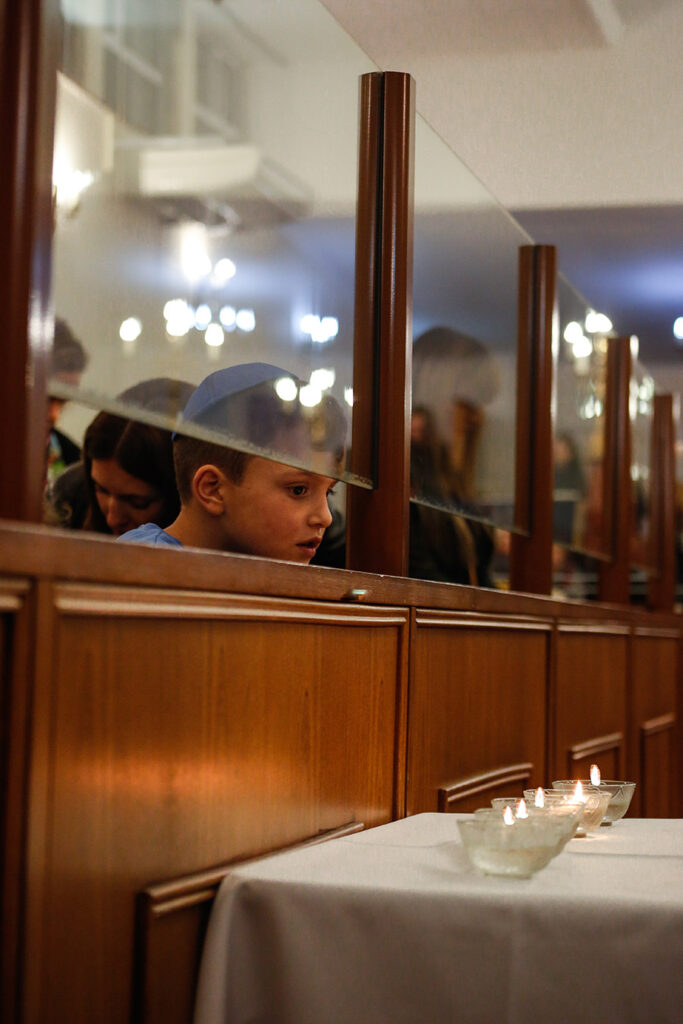By 1944, it was clear that the Germans were unlikely to win the War. As such, the need for slave labour to produce goods for the German war, effort had dimmed and, with time running out, the Nazi goal of eradicating the world of all Jews became paramount. It is against this backdrop that the decimation of the Jewish community of the Island of Rhodes (Rhodos) should be understood.
Jews had lived on Rhodes for centuries, dating back to the Inquisition of the 15th and 16th centuries when many Jews fled Spain and Portugal, rather than face the terror of conversion or death by burning at the stake.
At the beginning of the Second World War, Rhodes fell under Italian rule. The Italians had ruled the island from 1912, having replaced the Ottoman Empire as the power in control of the island. With this history, the Jews of Rhodes held mostly either Italian or Turkish citizenship, a crucial distinction in terms of who would live and who would meet their end.
In September 1943 German forces invaded the island, defeating the Italians. The next year, they embarked on the destruction of the Jewish community, rounding up the approximately 2,000 Jews, and sending them on a long, arduous journey to Auschwitz. Almost all were murdered immediately.
Among the few survivors were 39 Jews who held Turkish citizenship. As Capetonian Lina Kantor (Amato) explains, her grandmother had refused to give up her Turkish citizenship during the rule of the Italians, and this helped save her parents. It was through the bravery of the Turkish consul, Selahattin Ülkümen, that those with Turkish passports were saved from annihilation. They continued to live on Rhodes throughout the rest of the War, enduring significant hardship under German rule. But, they were among the very few who survived the War.
The actions of the consul, as well as those of a Christian Italian couple, Girolamo and Bianca Sotgiu, who took Lina in and passed her off as their own child, must be acknowledged as acts of bravery and conscience.
A few of the survivors, together with others from Rhodes who had gone to live in the Belgian Congo before the War, eventually settled in Cape Town in the 1960s, and established the Sephardi congregation here.
These events were commemorated by the local Sephardi community during August at an event held at the Sephardi Shul in Sea Point. Speakers included survivor Lina Kantor (Amato), and Tom Chesno, a young descendant of a survivor. His maternal grandmother had lived on the island, too.
In addition, two 4th generation great-grandchildren of two other survivors also spoke at the commemoration. Herzlia Weizmann Primary School learners, Eden Hessen and Olivia Closenberg, committed to keep the stories of their great-grandmothers, Stella Israel and Violette Fintz, alive.
Memories of the vibrant Jewish community of Rhodes continue to be celebrated by the descendants of survivors, even though they did not ever live there themselves. The destruction of this community should never be forgotten.

• Published in the October 2023 issue – Click here to start reading.
• To advertise in the Cape Jewish Chronicle and on this website – kindly contact Lynette Roodt on 021 464 6736 or email advertising@ctjc.co.za. For more information and advertising rate card click here.
• Sign up for our newsletter and never miss another issue.
• Please support the Cape Jewish Chronicle with a voluntary Subscription for 2023. For payment info click here.
• Visit our Portal to the Jewish Community to see a list of all the Jewish organisations in Cape Town with links to their websites.
Follow the Cape Jewish Chronicle: Facebook | Instagram | Twitter | LinkedIn










